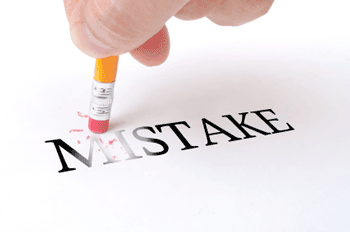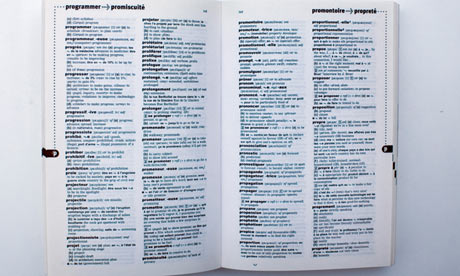
When faced with a complex, fluid, and potentially uncontrollable situation, I’ve often heard people say, “It’s like herding cats.” I can think of no more complex, variable, and fluid task than writing. Its nuances and complexities seem to defy consistency; what works as “good writing” in one circumstance can be disastrous in another.
Indeed, the push toward multimodality in student writing means even the products can vary: essays one minute, blogs the next, videos after that. We also strive to develop stylistic variation: the strongest students develop a personal voice that makes their work distinctive. Everything about writing activities makes them seem like one-offs: what works in each instance is different than the next solution. The complex challenges of teaching students to work within that degree of variability makes me despair.
Read the rest of Will MOOCs Work for Writing?
As for my own take so far, based on the writing, discussion and peer grading components of courses I have have participated in or followed, the answer is still a resounding no. Duke's Composition 1 started out with a promising level of energy and enthusiasm among engaged participants but bottomed out early. For me, it was a combination of the disappointing first reading, the prospect of writing about an article not worth reading, and the level of analytical commentary in Forum. I'll miss the thoroughly engaging crowd L2 writers and still have hopes for Cathy Davidson's approach and deep experience with building collaborative assessment models. Otherwise, I am so with Jonathon Rees on this one.


